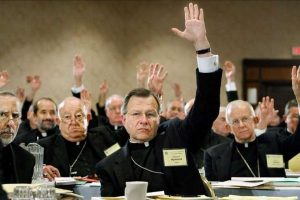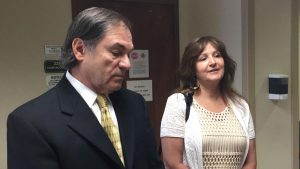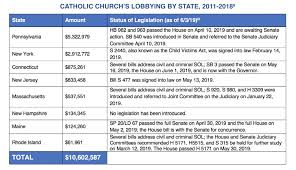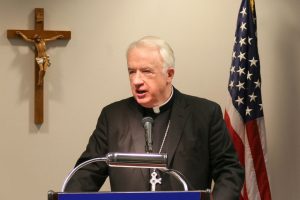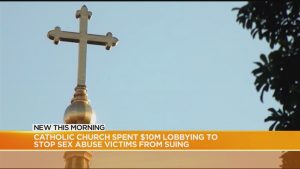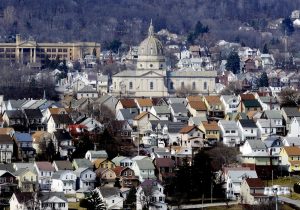
Article Title
Altoona-Johnstown Diocese appeals court ruling
Link to Article: https://www.tribdem.com/news/altoona-johnstown-diocese-appeals-court-ruling/article_22f19964-97c5-11e9-be5f-27eebf010f62.html
Source: Tribune-Democrat
Author(s): Dave Sutor
Date: June 26, 2019
Synopsis of / Excerpts from Article
The Diocese of Altoona-Johnstown has challenged the ruling of a three-judge panel of the Pennsylvania Superior Court, which ruling reinstated a lawsuit against the Diocese of Altoona-Johnstown, alleging fraud, constructive fraud, and civil conspiracy.
According to the article:
In December 2017, Blair County Judge Jolene Kopriva dismissed a case brought by Renée Rice against the diocese, then-retired (now deceased) Bishop Joseph Adamec, the estate of deceased Bishop James Hogan and the Rev. Charles Bodziak because the abuse she alleged Bodziak committed, from 1975 or 1976 through 1981 when they were both at St. Leo’s Church in Altoona, was past the commonwealth’s statute of limitations.
A three-judge Superior Court of Pennsylvania panel overturned the decision earlier this month, stating that if a jury finds a confidential relationship existed that resulted in fraudulent concealment of information, then defendants cannot gain rulings in their favor based upon the statute of limitations expiring.
Rice’s attorney in the original hearing, Richard Serbin, argued that his client could not have known the full level of the diocese’s alleged effort to protect predator priests until the Pennsylvania Office of the Attorney General released a grand jury report that provided details about the alleged decades-long coverup.
Serbin also contended a jury – not a judge – should determine if the statute of limitations applied and that a layperson could not have been expected to unearth an alleged conspiracy that required the full attorney general’s effort to reveal.
The judges agreed, saying the case should be remanded to the lower court.
Now, the diocese wants an “en banc” hearing, meaning before the entire Superior Court.
A Superior Court decision on whether to re-hear the case before the full bench is due Aug. 23.

